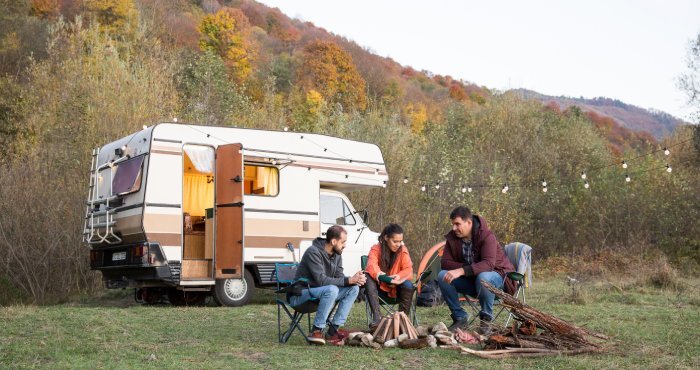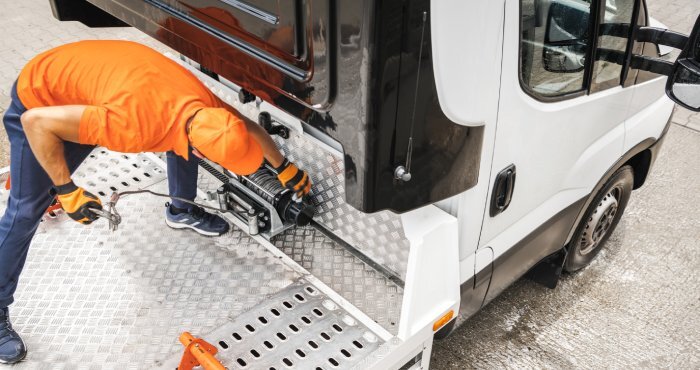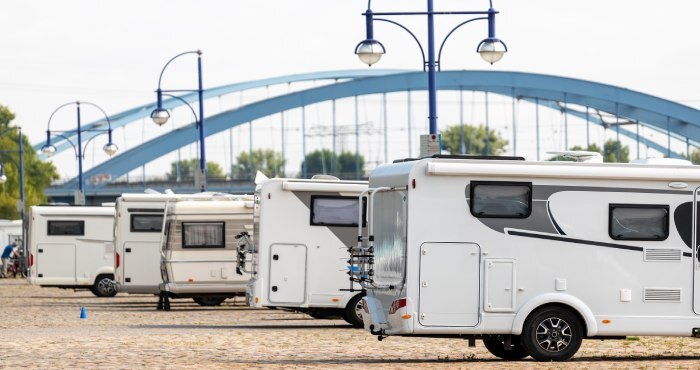Owning an RV can provide freedom, mobility, and a unique lifestyle that many Californians cherish. However, when an RV is defective, the experience can quickly become stressful and financially draining. Understanding your legal rights—especially under California’s Lemon Law—can make a significant difference, particularly if you live in your RV full-time versus part-time.
California’s Lemon Law was originally designed for cars, but it also applies to certain recreational vehicles. However, the rights and remedies available can differ depending on whether the RV is your primary residence or used only occasionally.
Understanding California Lemon Law for RVs
California’s Lemon Law, formally known as the Song-Beverly Consumer Warranty Act, provides protection to consumers who purchase or lease defective vehicles, including some RVs. The law generally covers:
- New and certain used vehicles still under the manufacturer’s warranty
- Substantial defects affecting safety, value, or usability
- Vehicles with defects that persist after a reasonable number of repair attempts
How the Law Applies to RVs
While the law was originally aimed at automobiles, courts and the California Department of Consumer Affairs have clarified that RVs are included if they are sold with a manufacturer’s warranty. This means:
Eligible Vehicles
Eligible recreational vehicles (RVs) encompass new models, certified pre-owned units boasting transferable warranties, and specific types of motorhomes, travel trailers, and fifth wheels. To be eligible, the RV must be bought or leased for personal, family, or household use.
Ineligible Vehicles
Vehicles that do not qualify for Lemon Law protection include privately sold units without warranties, older RVs with lapsed warranties, and those that have been self-constructed or extensively modified. These RVs are not covered under the law due to the absence of the necessary formal protections.
Whether you live in your RV part-time or full-time can influence how Lemon Law protections are applied.
Part-Time RV Living
Many Californians use their RVs for vacations, weekend trips, or seasonal travel. If your RV has defects but is only used occasionally, certain legal interpretations may differ:
Minimal Effect of Flaws
For those who use RVs occasionally, concerns regarding safety and comfort may hold less weight due to infrequent usage. In these situations, minor flaws tend to have a minimal impact on the vehicle’s overall value or functionality.
Repair Rights
Owners of RVs, even those who use them part-time, have the right to seek repairs for any defects. Manufacturers typically have the opportunity for a “reasonable number” of repair attempts before further measures are considered.
Process for Claims
Part-time RV owners may find it harder to advocate for a full replacement or refund. The legal options available to them often emphasize completing repairs or receiving financial compensation rather than a complete buyout of the vehicle.
Full-Time RV Living
Full-time RV residents treat their vehicle as a primary residence. This intensifies the impact of defects and often strengthens the consumer’s case under California law.
Increased Burden of Proof
For individuals living in RVs full-time, flaws that affect comfort, safety, and livability are taken very seriously. Courts are more inclined to view recurring mechanical or structural issues as significantly diminishing the RV’s functionality.
Improved Remedies
Full-time RV owners typically have a greater chance of securing replacement vehicles or full refunds. Ongoing livability concerns — like leaks, electrical malfunctions, or plumbing issues — can strengthen their case.
Importance of Documentation
Keeping thorough records of repairs, interactions with manufacturers, and instances of defects is essential. Capturing photos and videos of persistent issues can serve as strong evidence in support of Lemon Law claims.
Key Differences in Rights
Influencing Factors on Lemon Law Rights for RV Owners
Several important aspects determine how California’s Lemon Law applies differently to RV owners who live in their vehicles full-time versus those who use them part-time:
Usage Duration
Full-time RV living showcases the daily effects of defects, which can make claims more persuasive. Conversely, part-time usage may reduce the perceived urgency and seriousness of problems.
Nature of the Defect
Defects that affect safety, such as failures in braking or steering, are taken seriously regardless of frequency of use. However, issues related to comfort or convenience — like broken cabinets or faulty appliances — tend to hold more significance for those living in their RVs permanently.
Record-Keeping and Evidence
Full-time RV owners typically maintain detailed records of recurring problems, repair efforts, and communications. In contrast, part-time owners need to be thorough in documenting any issues to bolster their Lemon Law claims.
In Poway, California, individuals who live in RVs year-round might have more legal rights compared to those who only stay part-time, especially when it comes to addressing issues with a faulty RV under California’s Lemon Law. Working with a skilled California Lemon Law attorney can help ensure those rights are fully enforced.
Steps to Take If Your RV Is Defective
Step 1 – Inform the Manufacturer
Always report any defects to the manufacturer in writing to create an official record. Retain copies of all communications to provide proof if necessary later.
Step 2 – Keep a Repair Record
Track every attempt to repair the issue, including dates, descriptions, and receipts from repair facilities. Full-time RV owners should also document how each defect impacts their daily life and living conditions.
Step 3 – Know Your Rights
Under California’s Lemon Law, manufacturers must be given a reasonable opportunity to repair defects. However, full-time RV owners may argue that fewer repair attempts are justified when the issues seriously affect the vehicle’s livability. Consulting an experienced Lemon Law lawyer in California can help ensure your rights are fully protected.
Step 4 – Seek Legal Advice
Many Lemon Law attorneys operate on a contingency fee model, meaning you only pay if you win your case. Professional legal support can help streamline the claims process and increase your chances of a positive result.
key takeaway
- Keep Comprehensive Records: Maintain thorough documentation of any defects and all efforts made to repair them.
- Inform the Manufacturer: Report any problems immediately and in writing.
- Familiarize Yourself with the Law: Be aware of how California’s Lemon Law applies to individuals living in their RVs full-time.
- Obtain Legal Advice: Consult with experienced San Diego Lemon Law attorneys to maximize your options for legal recourse.
- Safeguard Your Asset: Take initiative to ensure that your RV remains safe, operational, and that your rights are protected.





